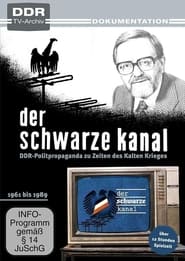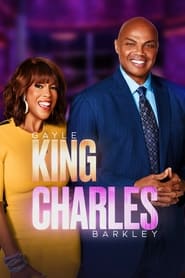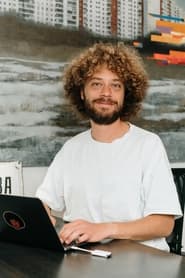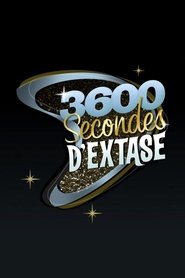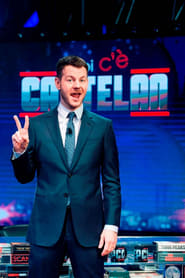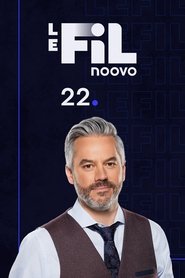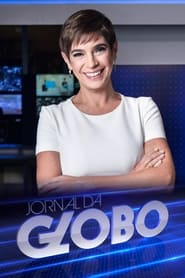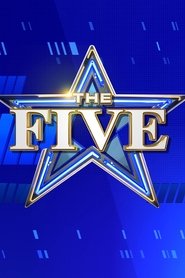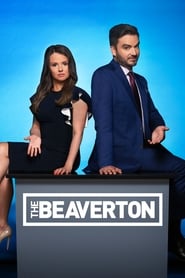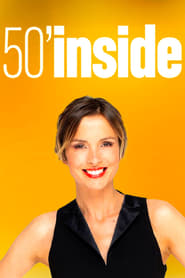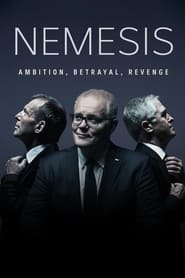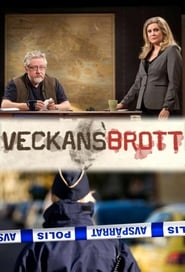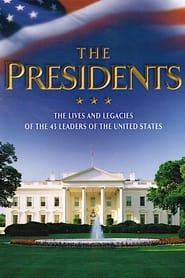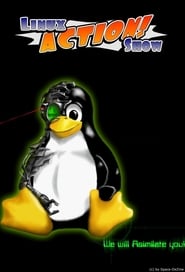News TV Series - Page 27
-
Madhouse – Die Sport1-Darts-Show
2023
This format is all about darts. In the studio, the team is getting ready for the upcoming Premier League of Darts match day. There are also live broadcasts and exciting interview guests. -
Documentos TV
1986
-
Der schwarze Kanal
1960
Der schwarze Kanal
1960
Der schwarze Kanal was a series of political propaganda programmes broadcast weekly between 1960 and 1989 by East German television. Each edition was made up of recorded extracts from recent West German television programmes re-edited to include a Communist commentary. -
King Charles
2023
King Charles
2023
Gayle King and Charles Barkley in freewheeling and authentic conversations centered around the week's most interesting stories, moments and cultural themes. -
What’s Going On
2020
What’s Going On
2020
A weekly overview of events happening in Russia and the world! From the U.S. election results to the outcome of the war in Karabakh, European sanctions, COVID-19 statistics, journalist detentions, new laws, and much more! -
3600 secondes d'extase
2008
A satirical current affairs show offering a side-splitting take on the day’s news headlines. -
E poi c'è Cattelan
2014
-
Noovo Le Fil 22
2021
-
Última Marcha
2022
Última Marcha
2022
-
Jornal da Globo
1967
Jornal da Globo
1967
star 8Jornal da Globo is the late night news show broadcast by the Brazilian television channel Rede Globo. It doesn't have a fixed starting time, but usually airs at or after midnight. Hosted by William Waack and Christiane Pelajo, it shows a detailed summary of the news of the day, highlighting matters such as Brazilian and world's economics and politics. Jornal da Globo was originally launched in 1967 as Rede Globo's first newscast, hosted by Hilton Gomes and Luiz Jatobá. Its first incarnation ended in March 1969 just months before the launch of Jornal Nacional. Jornal da Globo was relaunched for a second time in 1979 and hosted by Sérgio Chapelin, ending again in 1981 before being relaunched for a third time in its current incarnation in 1982. -
The Five
2011
The Five
2011
star 6The Five is an American talk show on Fox News Channel featuring a rotating panel of contributors who discuss current political issues and pop culture. The show premiered in July 2011, replacing the Glenn Beck program, and airs on weekdays at 5:00 p.m. ET with replays at 2:00 a.m. ET. On October 3, 2011, after successful ratings and high popularity, Fox News announced that The Five would become the permanent 5p.m. series, as the program was previously announced to last only during the summer. The Five is currently the second-most-watched program in all of cable news in the United States, placing only behind The O'Reilly Factor. -
Insight
1995
Insight
1995
star 6Australia's leading forum for debate and powerful first-person stories offering a unique perspective on the way we live. -
The Beaverton
2016
The Beaverton
2016
Co-anchors Emma Hunter and Miguel Rivas deliver critical blows to the unrelenting news cycle, hitting above, and when necessary, below the belt, casting a Canadian lens on global issues. -
Em Alta CNN
2021
Em Alta CNN
2021
-
D. L. Hughley Breaks the News
2008
D. L. Hughley Breaks the News was a comedy news show that aired on CNN from October 25, 2008 to March 2009, hosted and head written by comedian D. L. Hughley. On March 9, 2009, CNN announced that Hughley would be ending the show due to a desire to work in Los Angeles and be closer to his family. He plans to continue his work with CNN as a Los Angeles-based contributor for the network. On the show's finale, Hughley did a report about legalizing marijuana. He said that he had a back problem and took the show into his doctor's office to get his prescription refilled, but CNN censored some of the interview. D. L. Hughley Breaks the News will returns to CNN Coming 2014 -
50 minutes inside
0000
-
Nemesis
2024
Nemesis
2024
A landmark series taking you inside the recent Coalition government in a revealing tale of politics, ambition and power. Key players tell all in riveting no holds barred interviews. -
Veckans brott
2010
Veckans brott
2010
star 8"Crime of the Week" - is a crime show featuring criminal expert Leif G.W. Persson. The show discusses and tells stories about both cold cases and current crimes. -
The Presidents
2005
The Presidents
2005
star 6.3The show documents each of the Presidents in the union, starting with George Washington, following a chronological order up until George W. Bush. Each President's segment begins with the narrator giving a brief dossier about each one, from their political affiliation, family, and notable traits. The show then highlights the history behind each presidency, linking each one to the following. -
The Linux Action Show!
0000
star 7Weekly news, commentary, and reviews for the Linux and Open Source Software communities.


